Nationwide, thousands of high school students work on STEM (science, technology, engineering, and math) research projects that challenge students to come up with innovative solutions. Many of these students work in research labs at local universities that have professors and college students who mentor them through their research.
Junior Aditya Ariyur was excited to participate in IUPUI’s Project STEM over the summer to expand his knowledge on scientific research. Project STEM is an eight week summer research internship where students receive training and experience on lab skills and scientific conduct that mimics field work. Ariyur said Project STEM was his chance to learn what a future STEM career would look like and an opportunity to learn new things about mRNA and protein interactions in diseases. However, with the emergence of COVID-19, schools have moved research programs and camps like Project STEM to a virtual format to accommodate students’ safety.
Ariyur said, “I think moving everything to an online format over Zoom will make things a little more challenging for both students and teachers to make sure we understand everything or are paying attention. It’s not the same hands-on fieldwork or lab experience you might see in a traditional camp and that may make it harder for people to learn.”
Clark Gedney, associate professor in biological studies at Purdue University has mentored high school science fair projects and scientific research for 43 years. Gedney runs the Summer Biology Experience at Purdue; however, low funding and COVID-19 has restricted his research program and limited the abilities of many of his students to work during the summer.
Gedney said, “My lab focuses on training individual students to do what they enjoy and what they are passionate about. We were originally going to do a virtual experience where kids could learn how to use basic lab skills and materials to work on a project at home, but because of low-funding and low turnout, we had to limit our operations.” He encourages students to be intuitive and curious about the world around them, and said that even if a lab or research center closes down, there are plenty of opportunities for them to continue researching.
Junior Shiva Viswanath said he was participating in research so he could grow skills especially in coding languages like Python for data analysis. He participates in a similar program to Ariyur’s where high school students work under the support of mentors on their research.
Viswanath said there is a bright side to working virtually, as students are not only safer but can experience a different set of skills.
He said, “One main benefit from a virtual setting is that the projects are more focused on data analysis using coding and programming, but one drawback is that there will be no work in a lab setting.”
Gedney had similar thoughts, and said that although many camps will become virtual, it offers new opportunities in a rapidly changing STEM environment. He said in the present, researchers are looking at bioinformatics and computer technology for future inventions, and students should be focusing on these skills too.
“Especially with COVID-19, you’re going to see a lot of researchers who don’t have access to labs and can’t risk their lives just for scientific progress. I think we are seeing a new generation of scientists who are going to be more computer-based with coding and artificial intelligence that are even more accurate than humans and can provide us with the same solutions, but much safer,” Gedney said. “It’s good that students learn skills virtually because that may be how we are going to do things from now and on.”









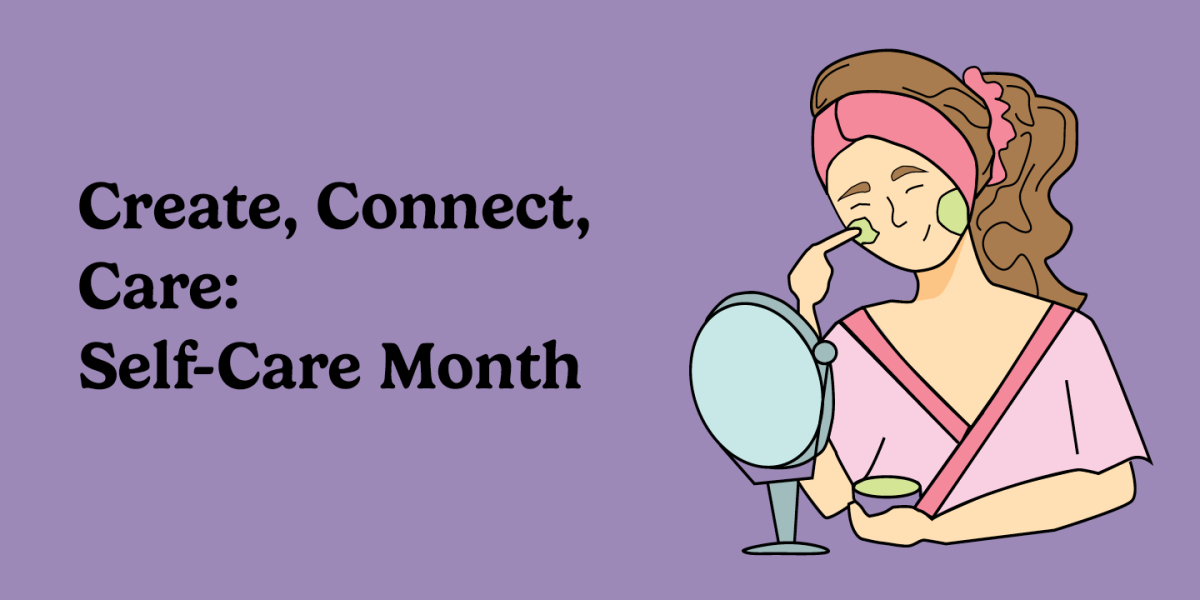
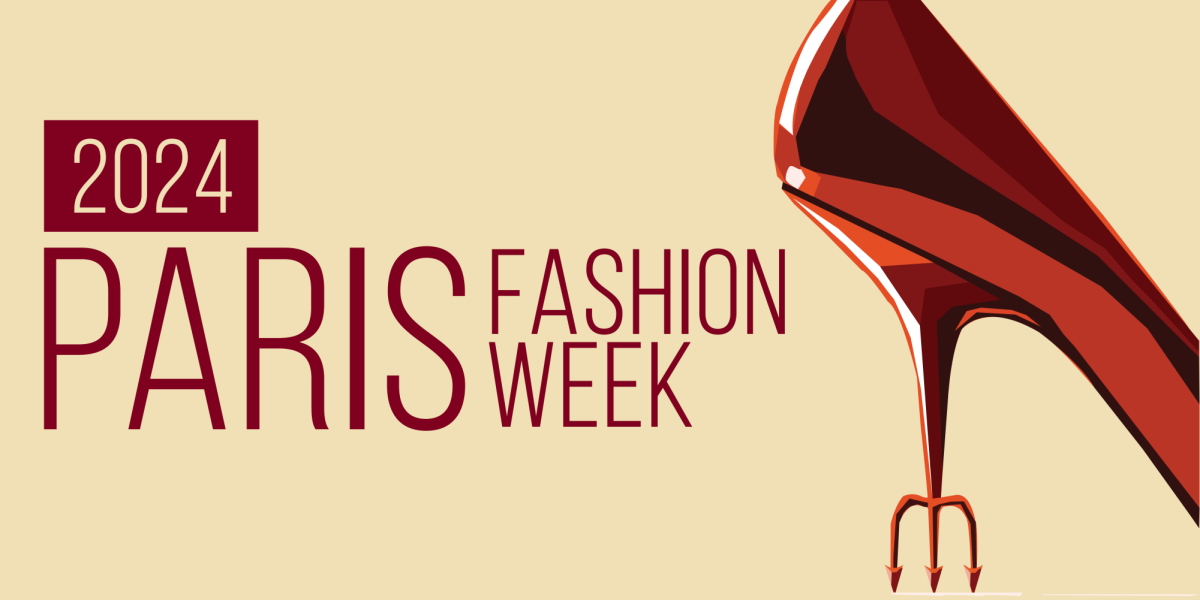
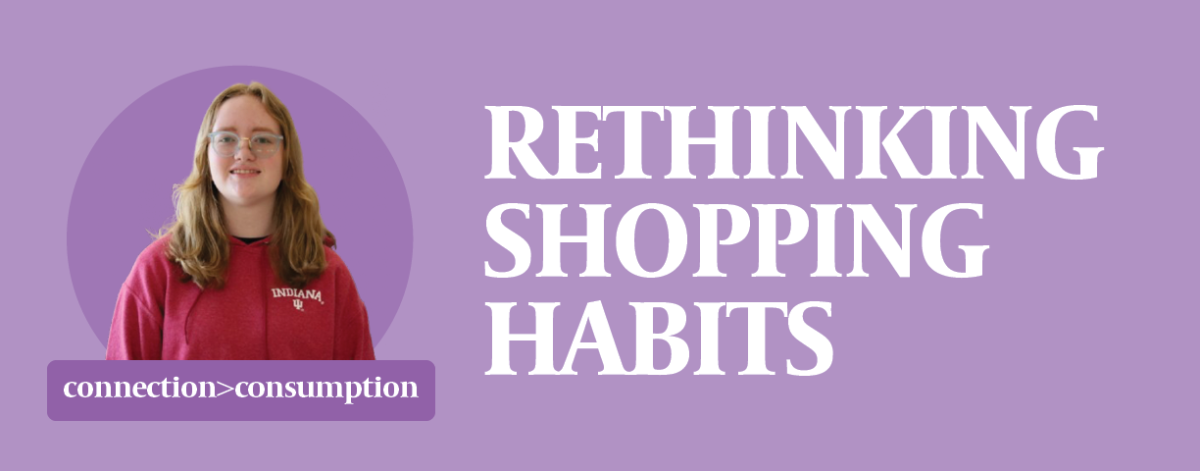





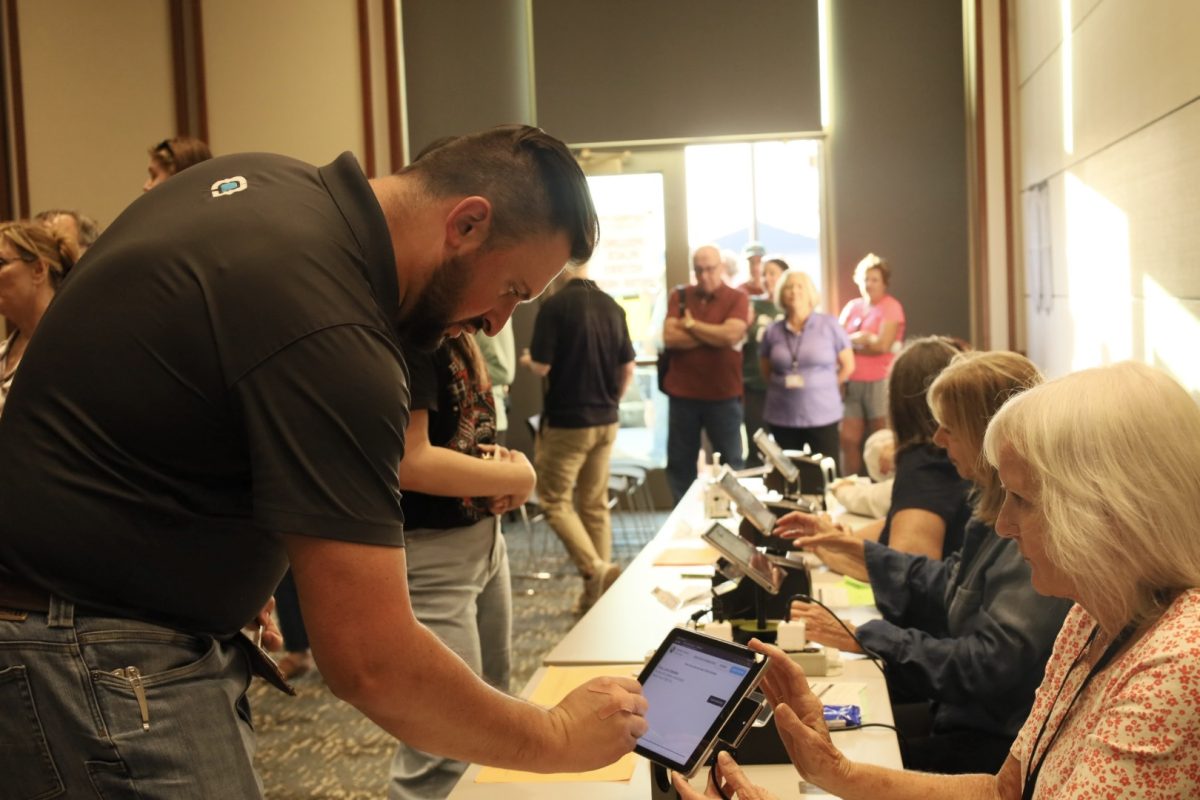
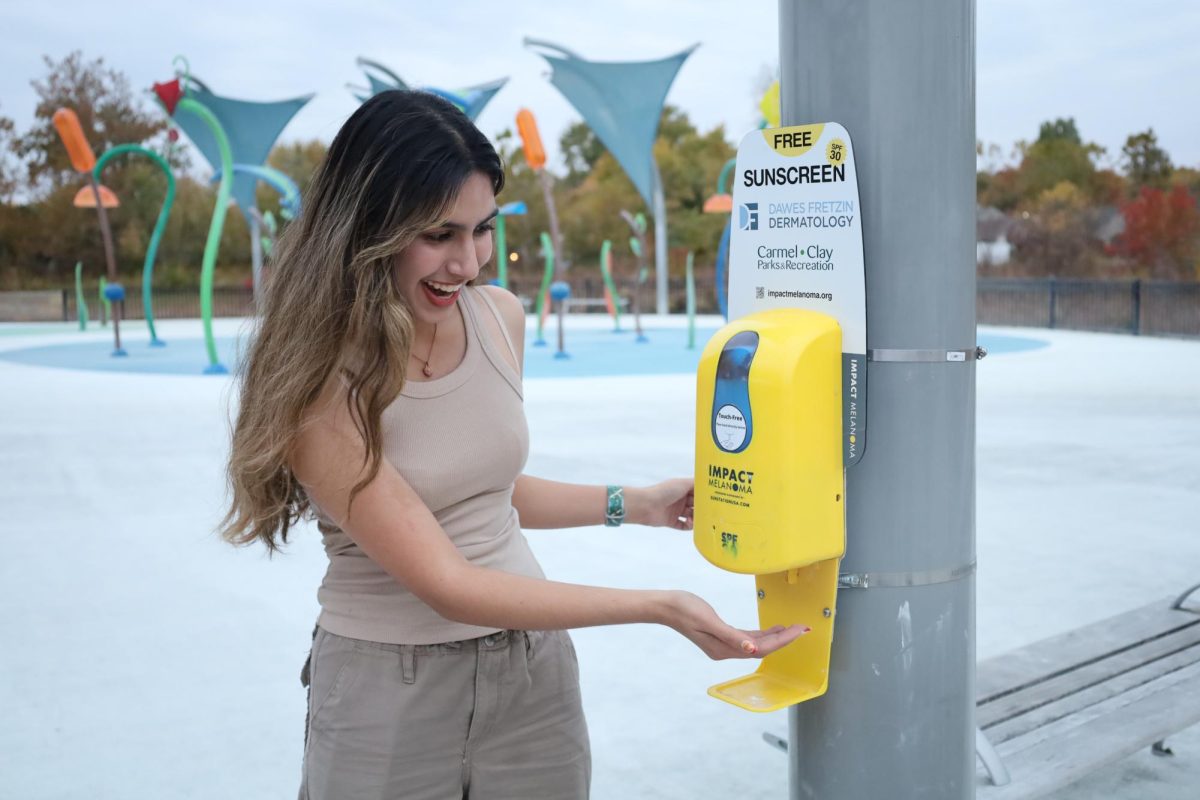
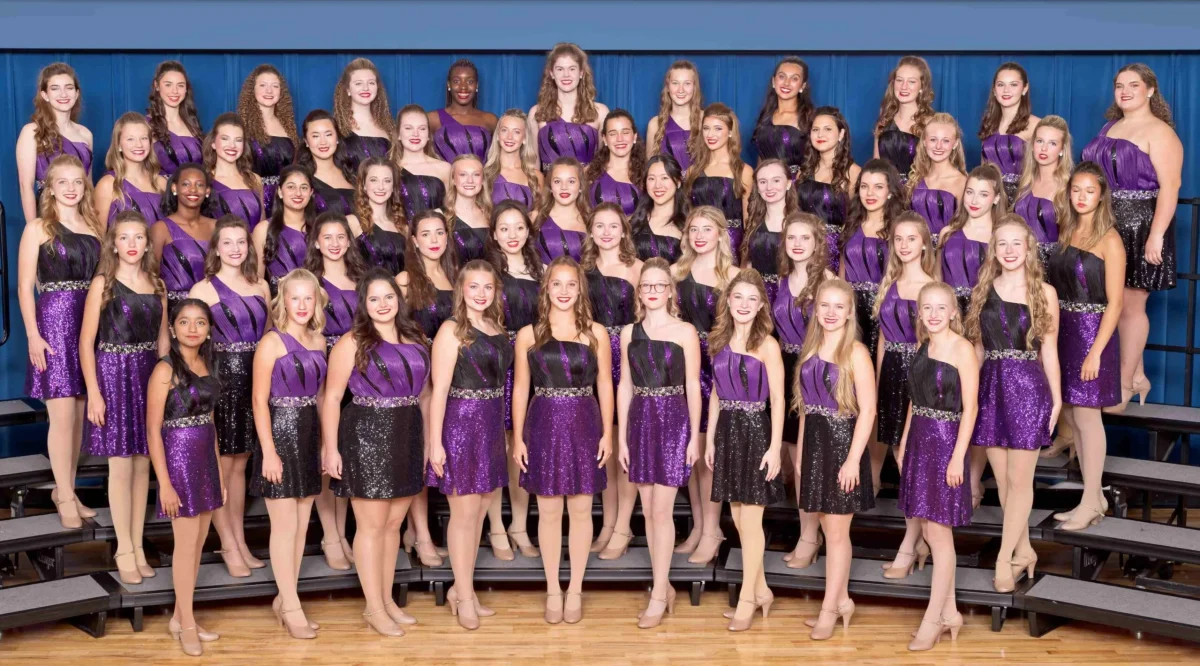

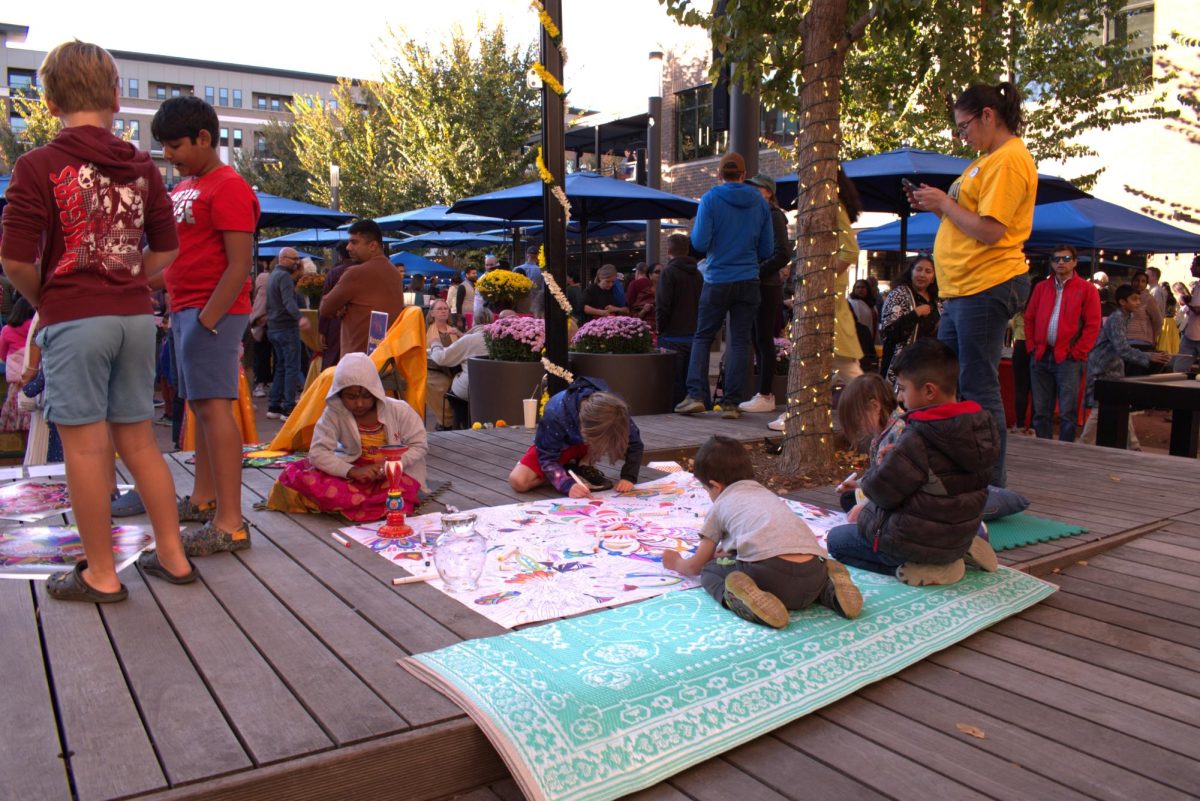
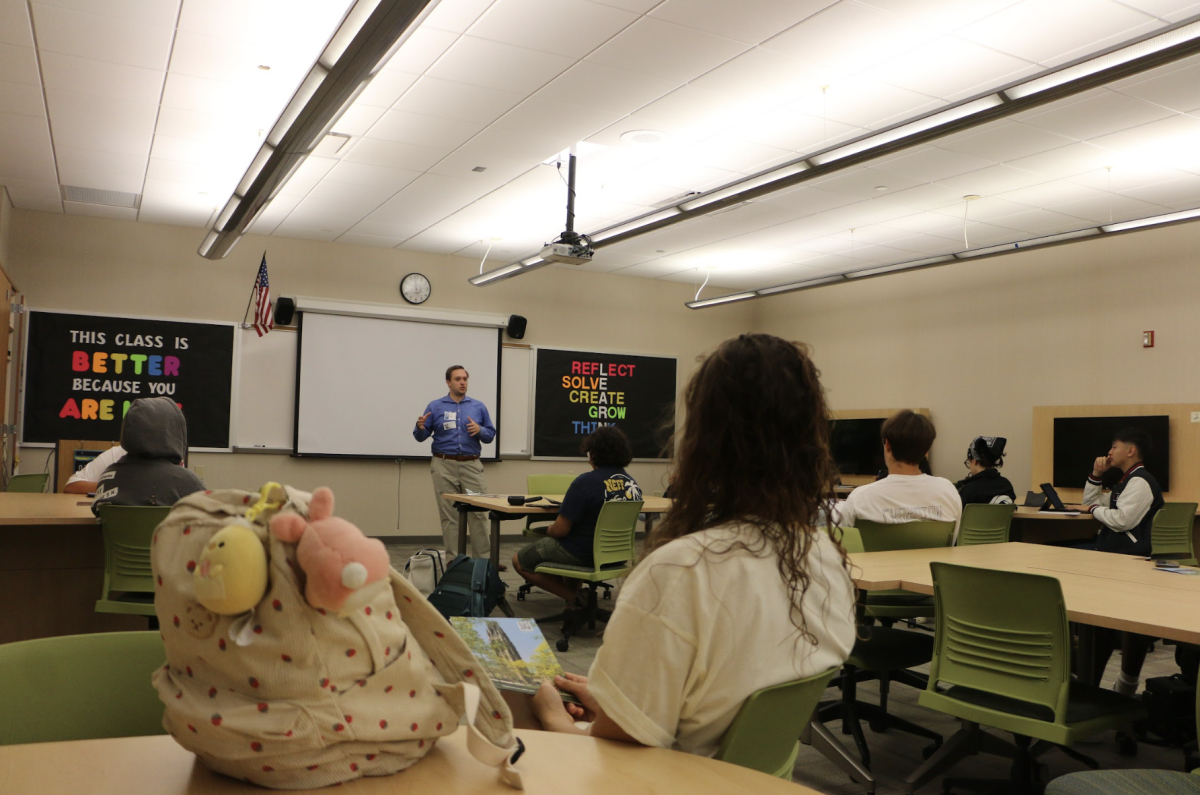
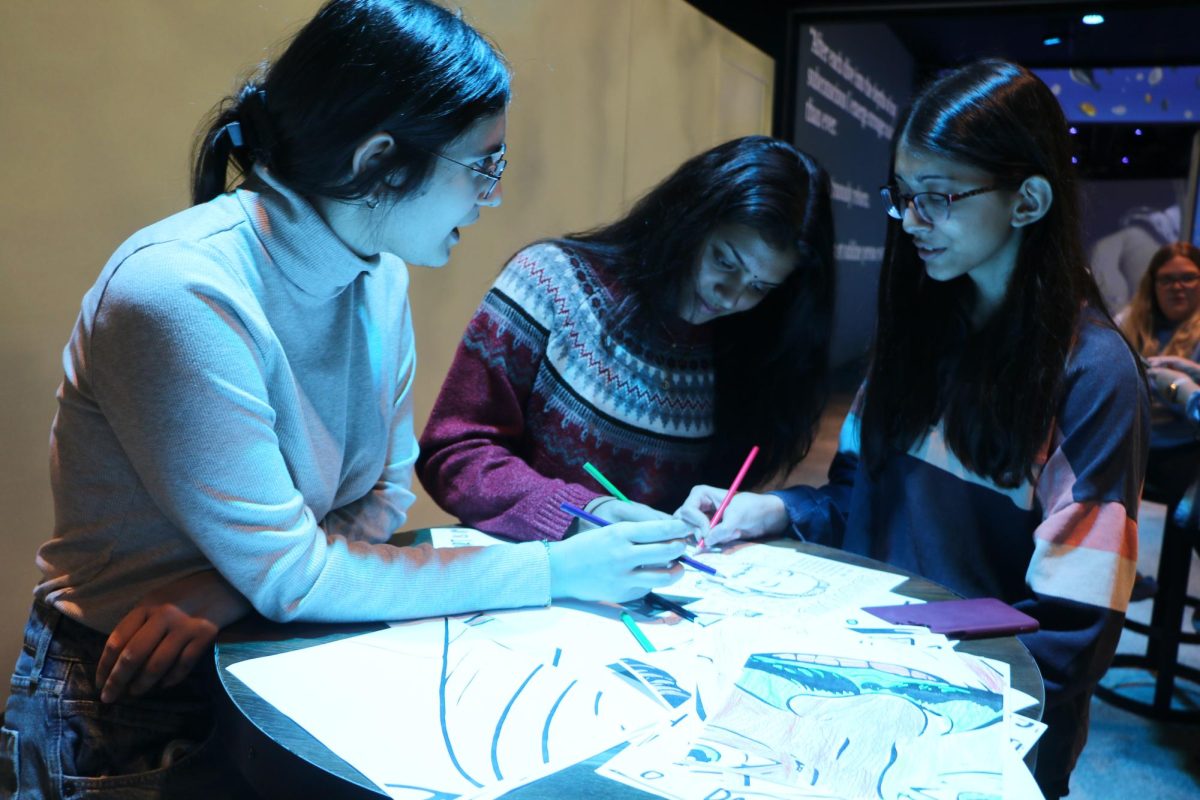
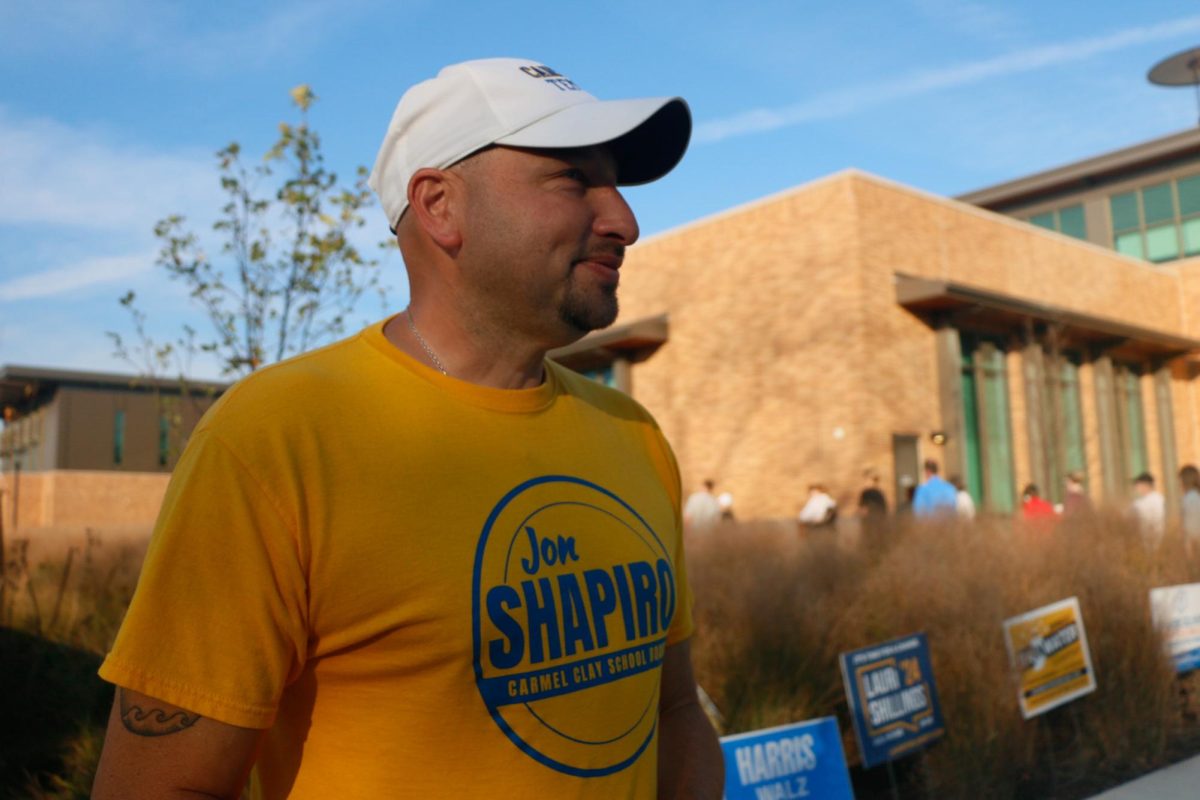
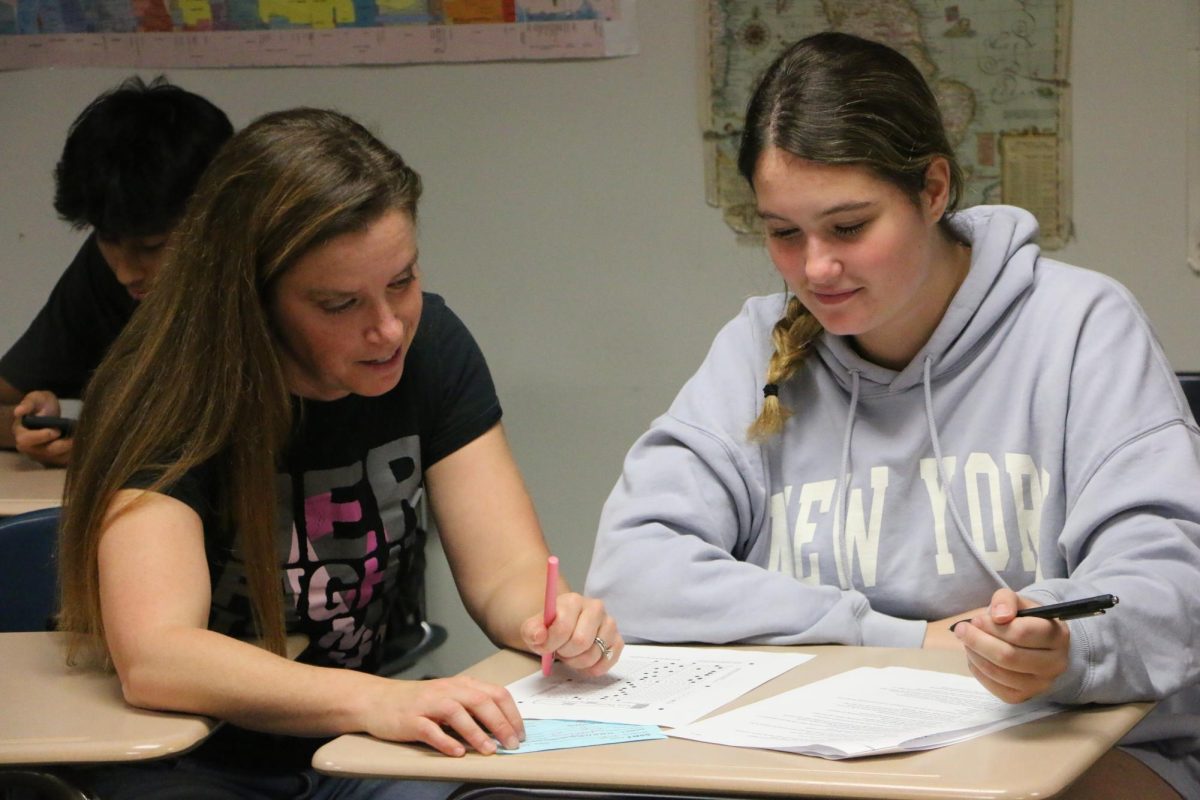
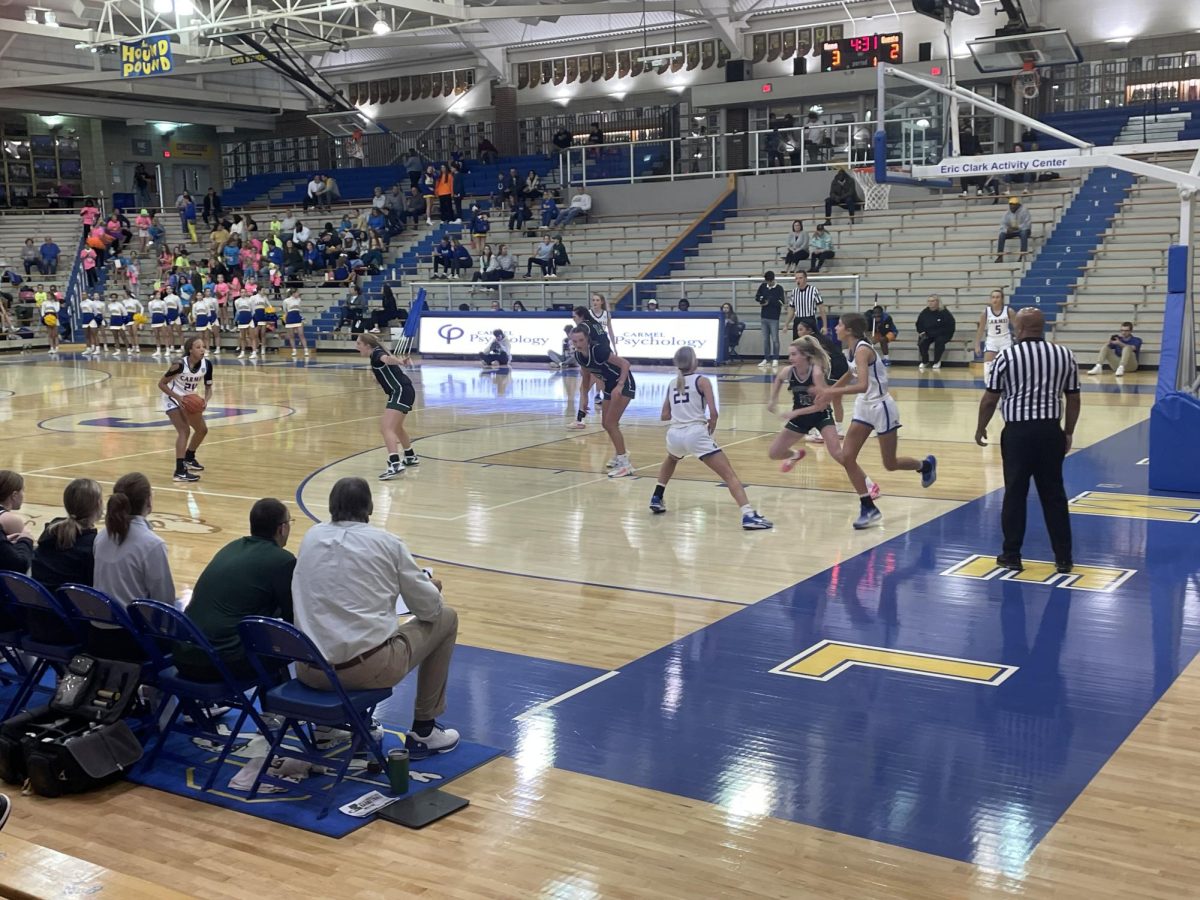

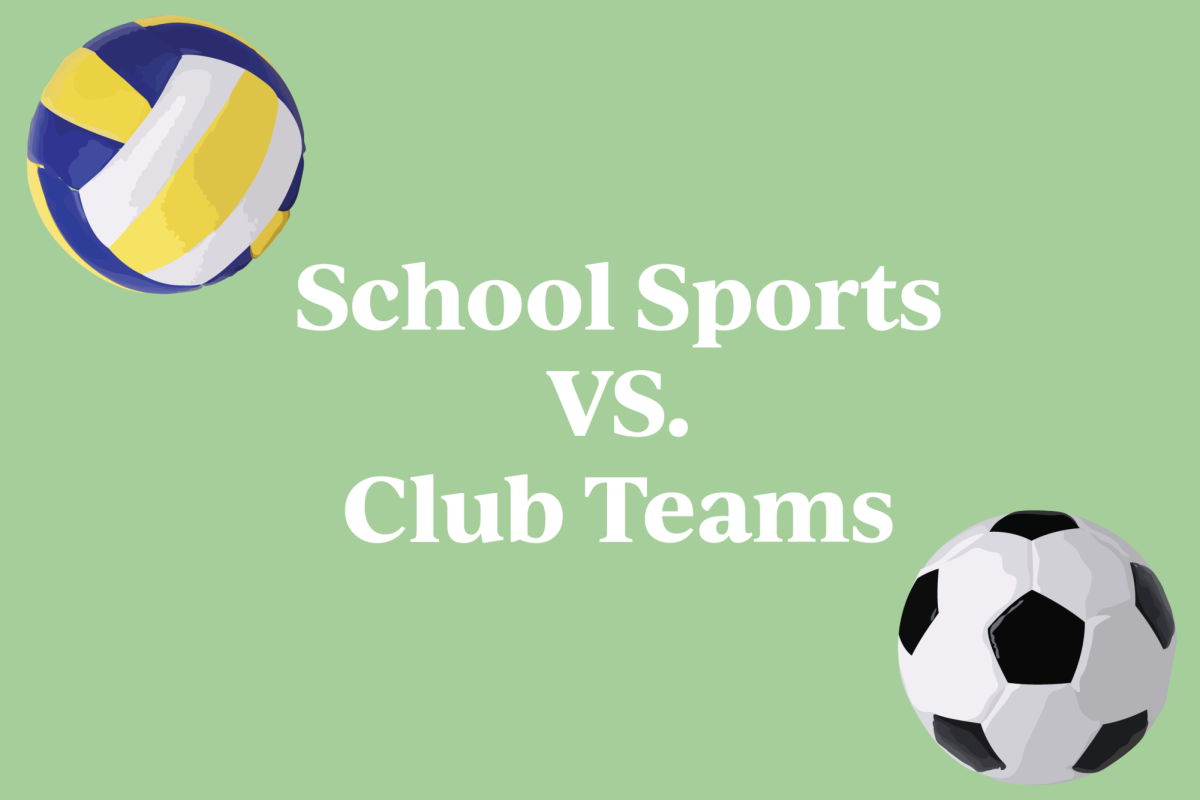
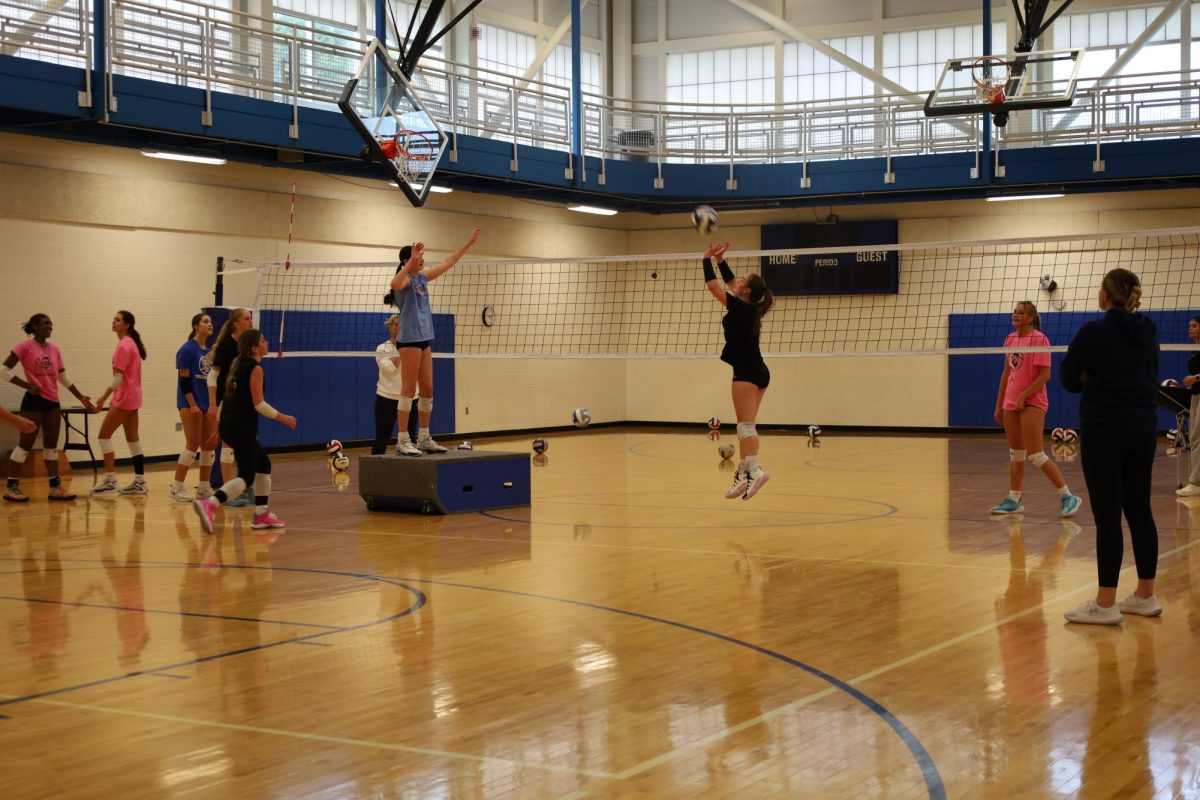
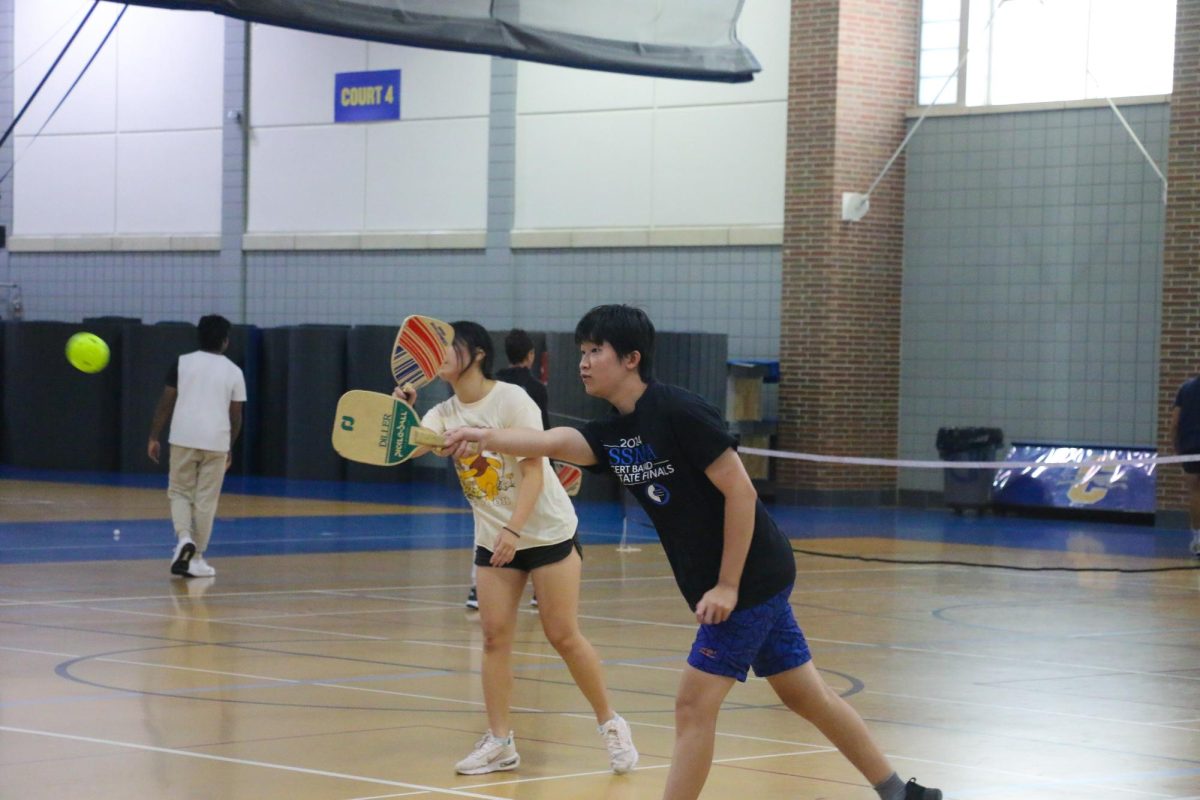
!["Wicked" poster controversy sparks a debate about the importance of accuracy versus artistic freedom [opinion]](https://hilite.org/wp-content/uploads/2024/11/riva-perspective-cover-1200x471.jpg)
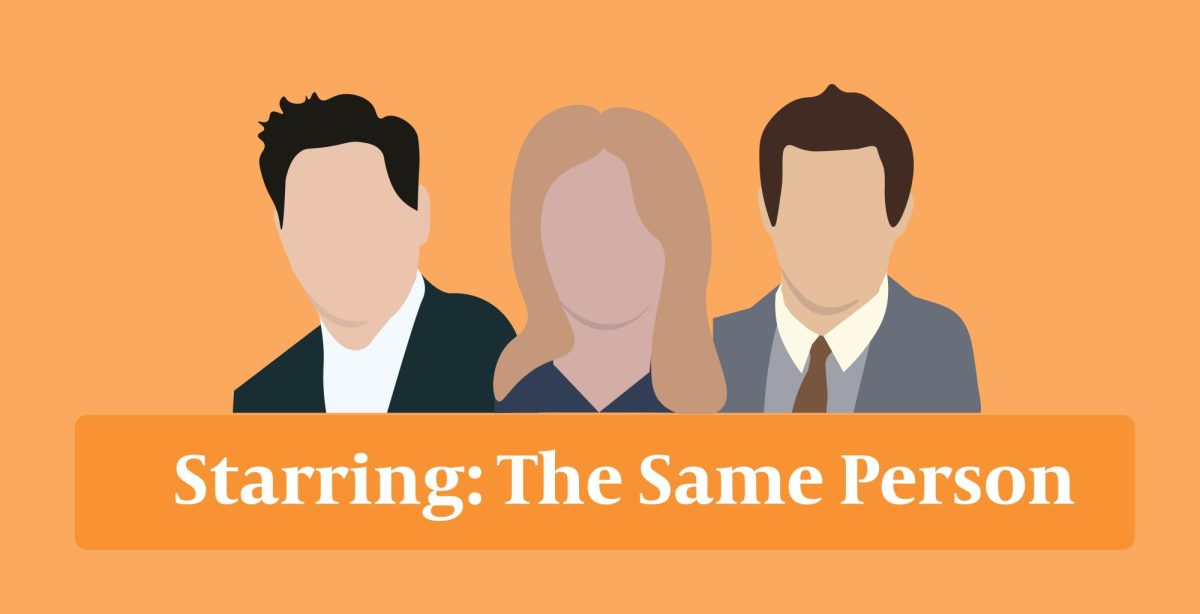
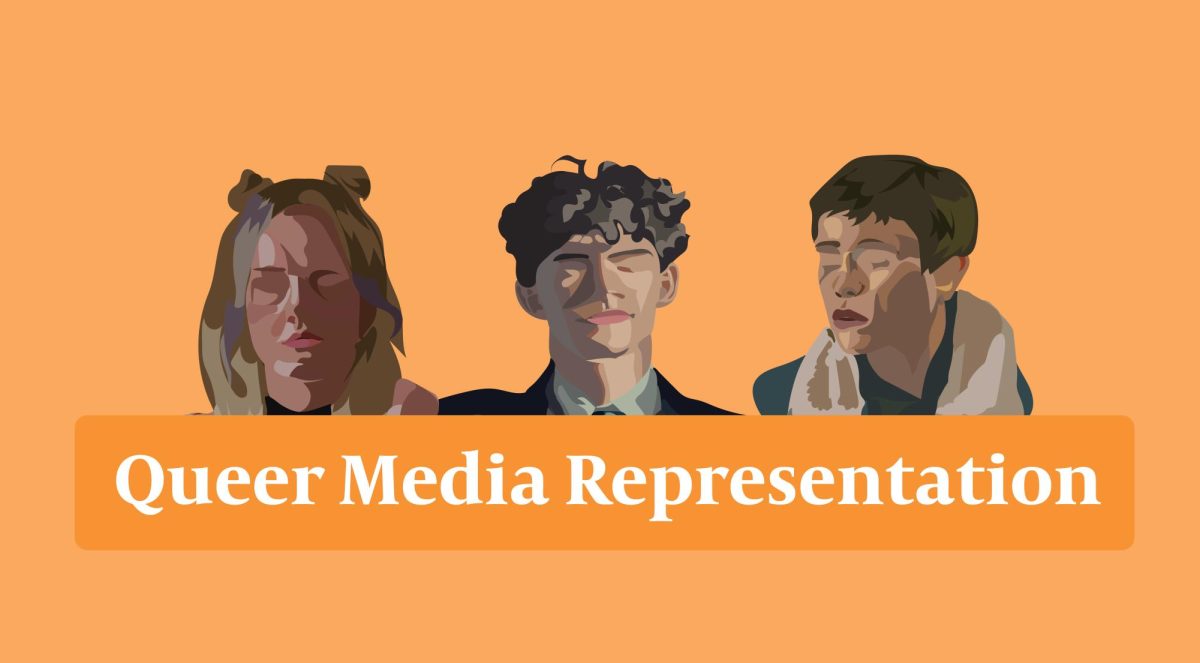
![Chilling or Childish? The downfall of modern horror movies [opinion]](https://hilite.org/wp-content/uploads/2024/10/adjusted-horror-cover-1200x471.jpg)
![“Uglies” is a call for change in the YA dystopian genre [opinion]](https://hilite.org/wp-content/uploads/2024/10/Perspectives-Cover-1200x471.jpg)


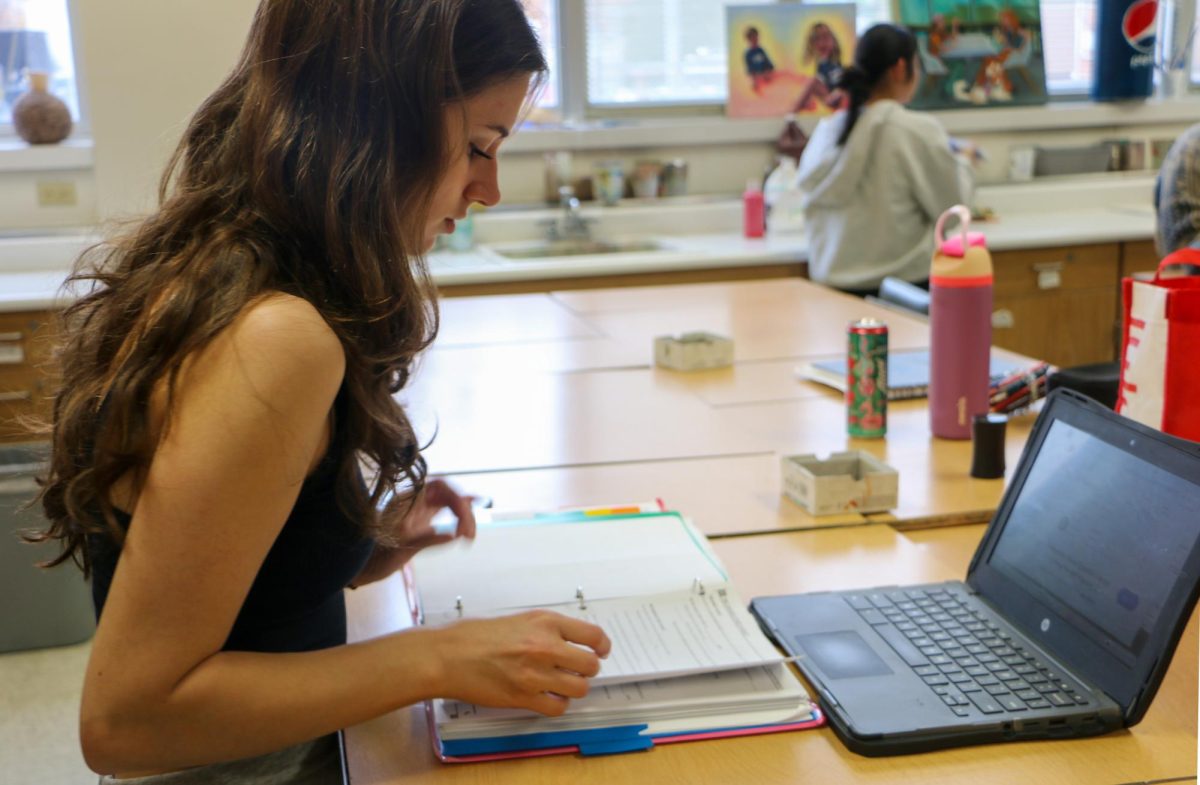

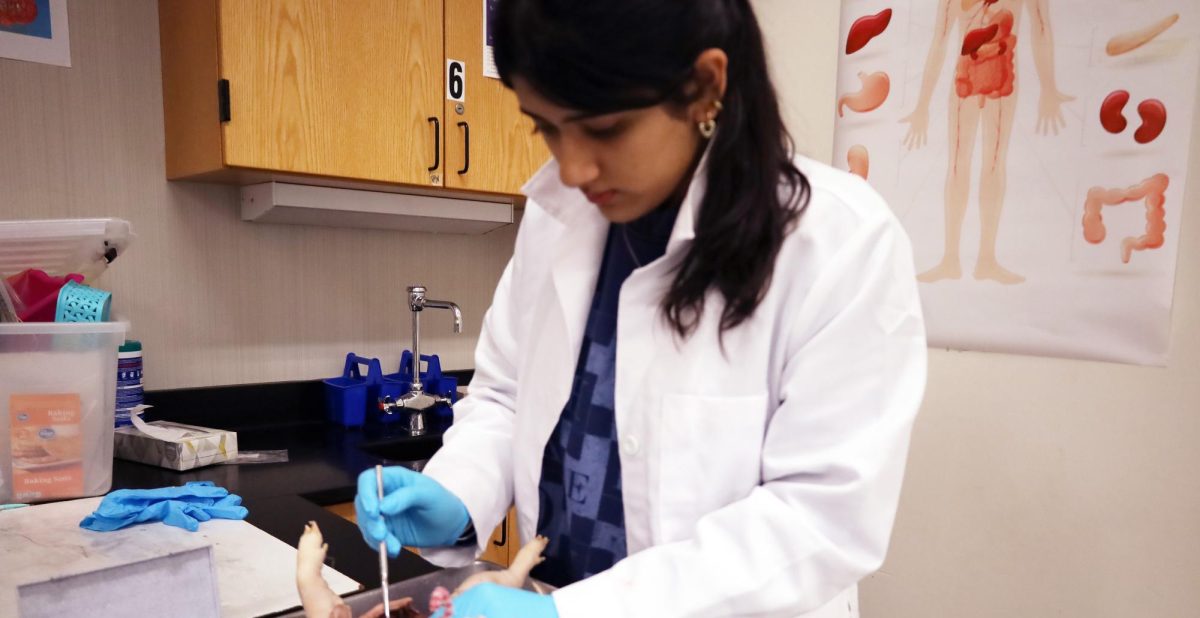












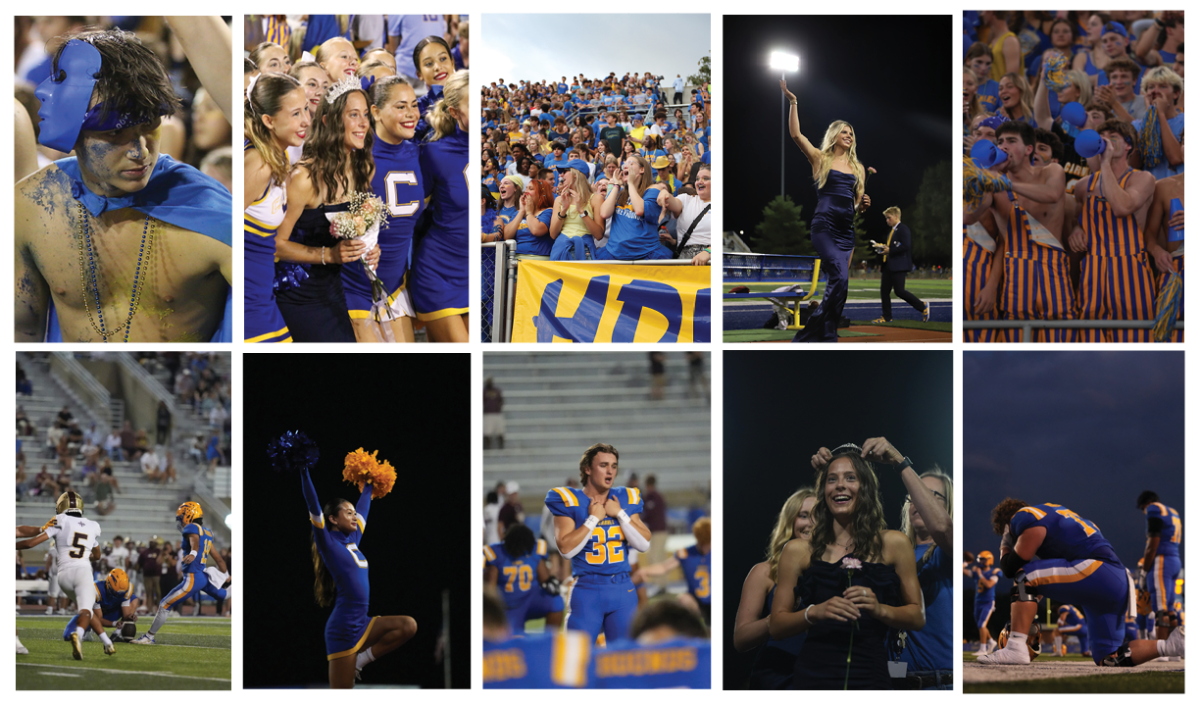









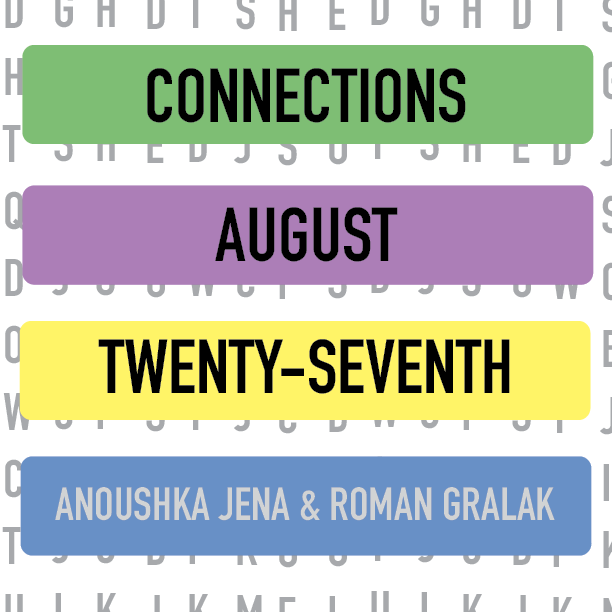







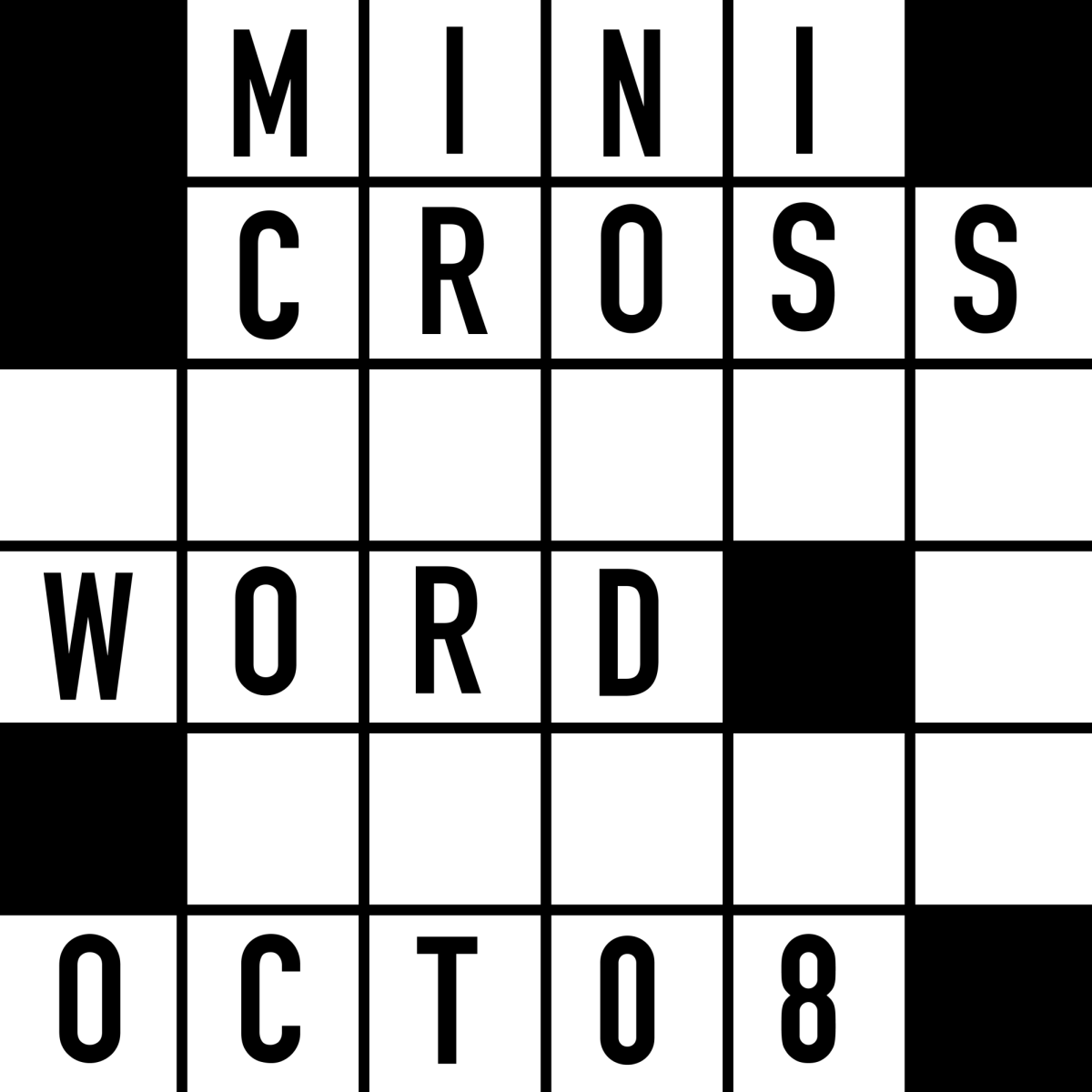


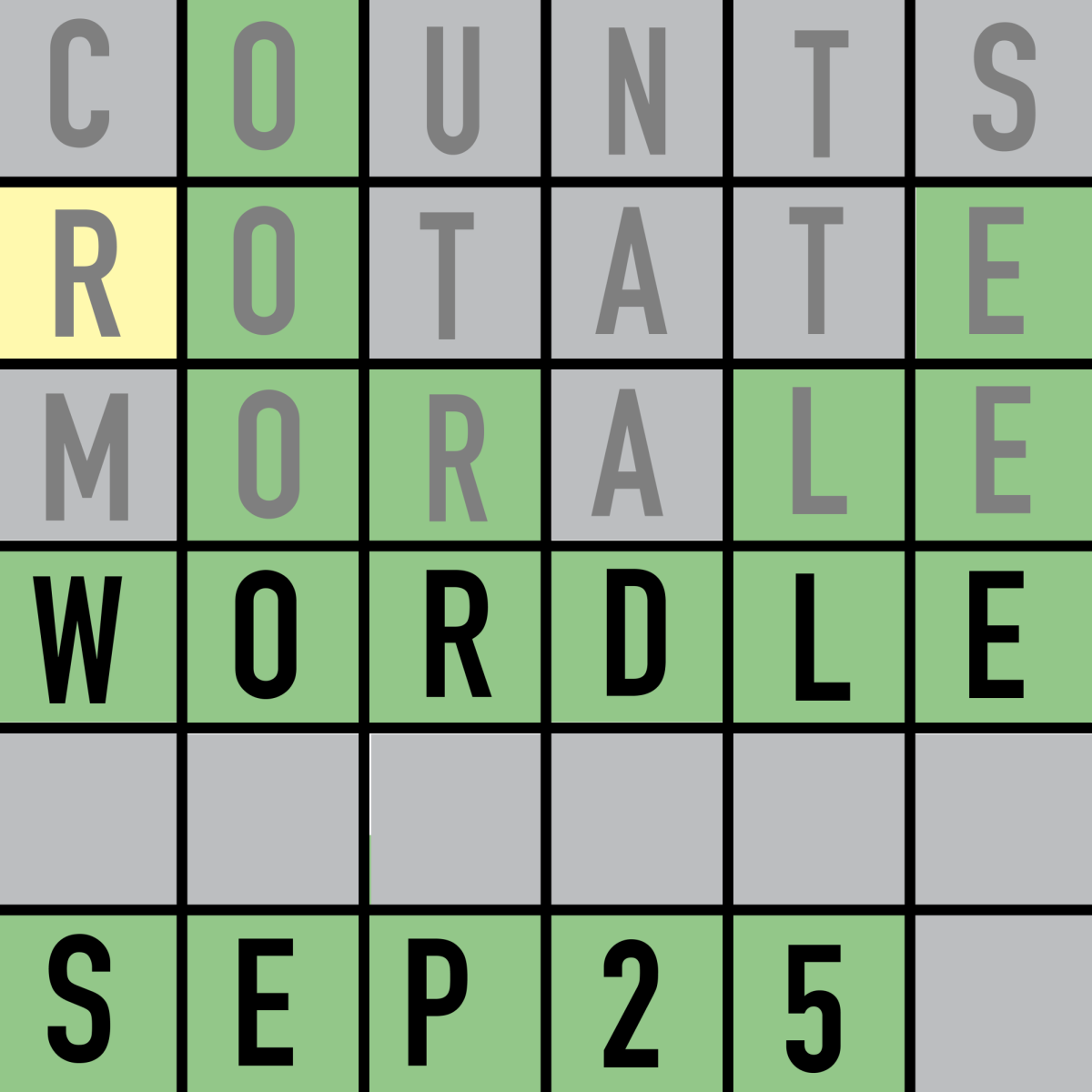
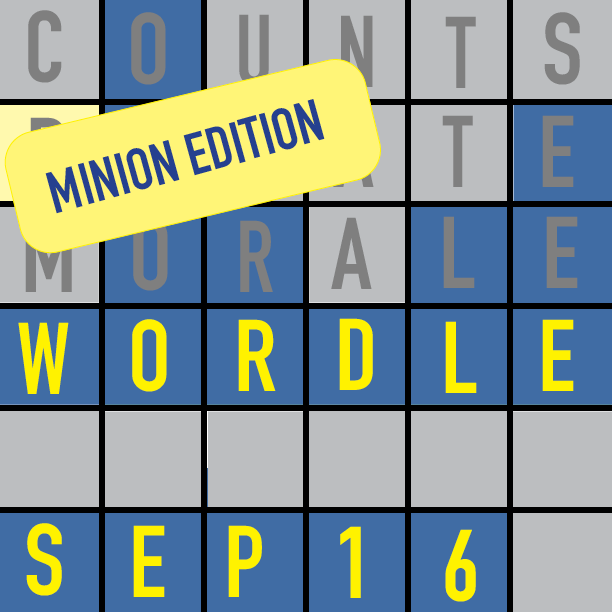


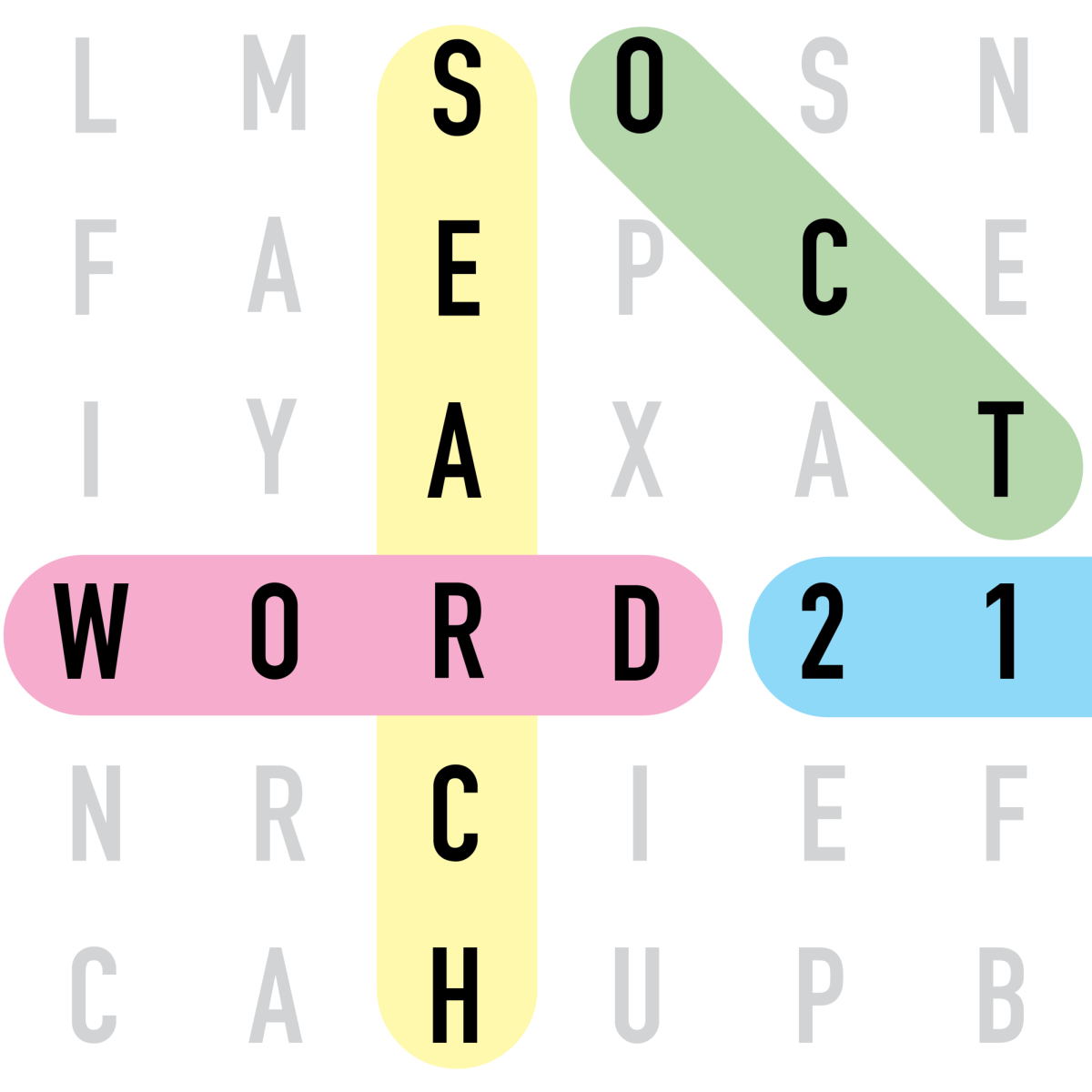
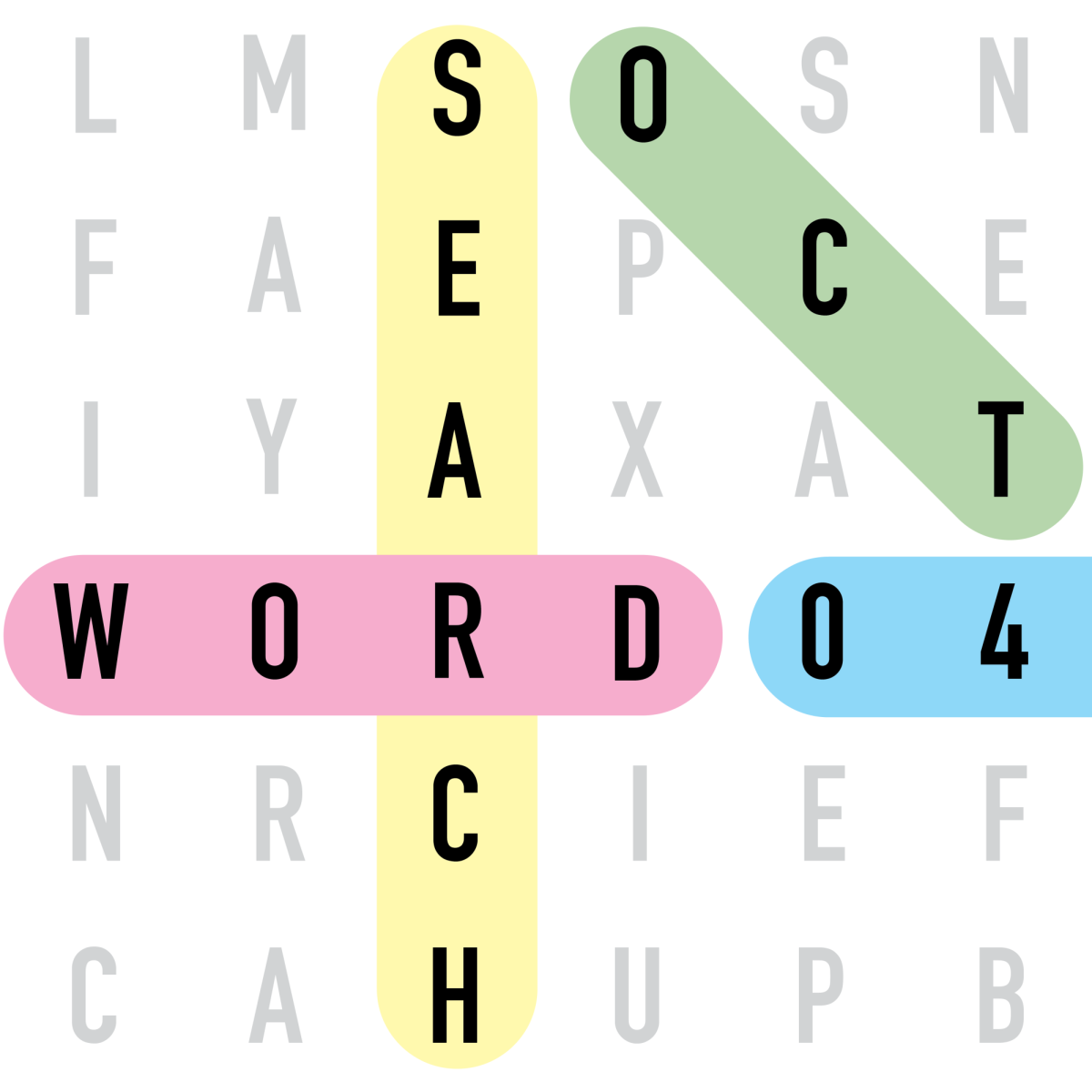
![Review: Indy Scream Park is a perfect level of spook to kickstart the Halloween season [MUSE]](https://hilite.org/wp-content/uploads/2024/11/IMG_1383.jpg)
![Review: “Saturday Night” is a chaotic and thrilling look at the origins of “Saturday Night Live” [MUSE]](https://hilite.org/wp-content/uploads/2024/10/snl-1200x800.jpg)
![Review: “Megalopolis” is a bold, bewildering mess [MUSE]](https://hilite.org/wp-content/uploads/2024/10/MV5BYTk3MjUzMGItYmU1NC00M2YyLThmNDMtNDI4NjkxNjgzMjQzXkEyXkFqcGdeQXRyYW5zY29kZS13b3JrZmxvdw@@._V1_-1200x675.jpg)
![Review in Print: Maripaz Villar brings a delightfully unique style to the world of WEBTOON [MUSE]](https://hilite.org/wp-content/uploads/2023/12/maripazcover-1200x960.jpg)
![Review: “The Sword of Kaigen” is a masterpiece [MUSE]](https://hilite.org/wp-content/uploads/2023/11/Screenshot-2023-11-26-201051.png)
![Review: Gateron Oil Kings, great linear switches, okay price [MUSE]](https://hilite.org/wp-content/uploads/2023/11/Screenshot-2023-11-26-200553.png)
![Review: “A Haunting in Venice” is a significant improvement from other Agatha Christie adaptations [MUSE]](https://hilite.org/wp-content/uploads/2023/11/e7ee2938a6d422669771bce6d8088521.jpg)
![Review: A Thanksgiving story from elementary school, still just as interesting [MUSE]](https://hilite.org/wp-content/uploads/2023/11/Screenshot-2023-11-26-195514-987x1200.png)
![Review: "When I Fly Towards You", cute, uplifting youth drama [MUSE]](https://hilite.org/wp-content/uploads/2023/09/When-I-Fly-Towards-You-Chinese-drama.png)
![Postcards from Muse: Hawaii Travel Diary [MUSE]](https://hilite.org/wp-content/uploads/2023/09/My-project-1-1200x1200.jpg)
![Review: "Ladybug & Cat Noir: The Movie," departure from original show [MUSE]](https://hilite.org/wp-content/uploads/2023/09/Ladybug__Cat_Noir_-_The_Movie_poster.jpg)
![Review in Print: "Hidden Love" is the cute, uplifting drama everyone needs [MUSE]](https://hilite.org/wp-content/uploads/2023/09/hiddenlovecover-e1693597208225-1030x1200.png)
![Review in Print: "Heartstopper" is the heartwarming queer romance we all need [MUSE]](https://hilite.org/wp-content/uploads/2023/08/museheartstoppercover-1200x654.png)





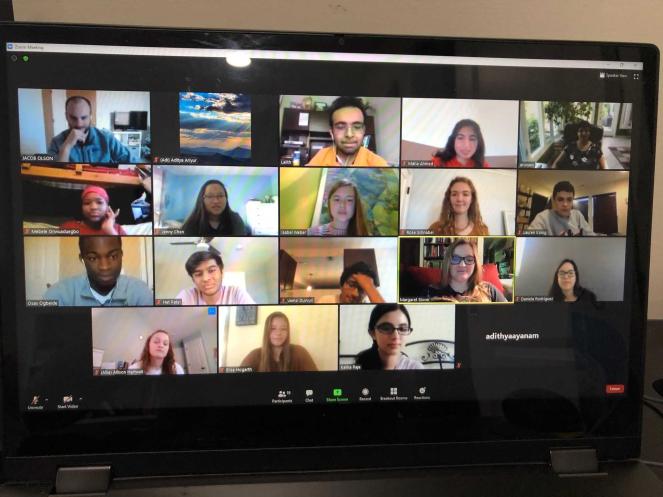
Brian Clair • Jul 17, 2020 at 4:17 am
If we want a society and culture that work for everyone, we need innovation in our relationships along with innovation in the STEM fields and STEM education. As an educator my worry is to build caring (educational or not) relationships with my students in order to improve their curiosity and research skills. There are ideas, concepts, and practices in the maker movement that help me to improve the participation of my students in the creation of shared knowledge. I mean the idea of remix, share designs, open tools, the constructionism, the community, the philosophy of DWO, etc. But there are several attitudes that are not helping me at all, for example, the need for the latest super powerful technology gadget as the main concern, the vision of technology like exclusively functional(not poetic) and the focus on the product forgetting that in learning the thing that really matters is the process.